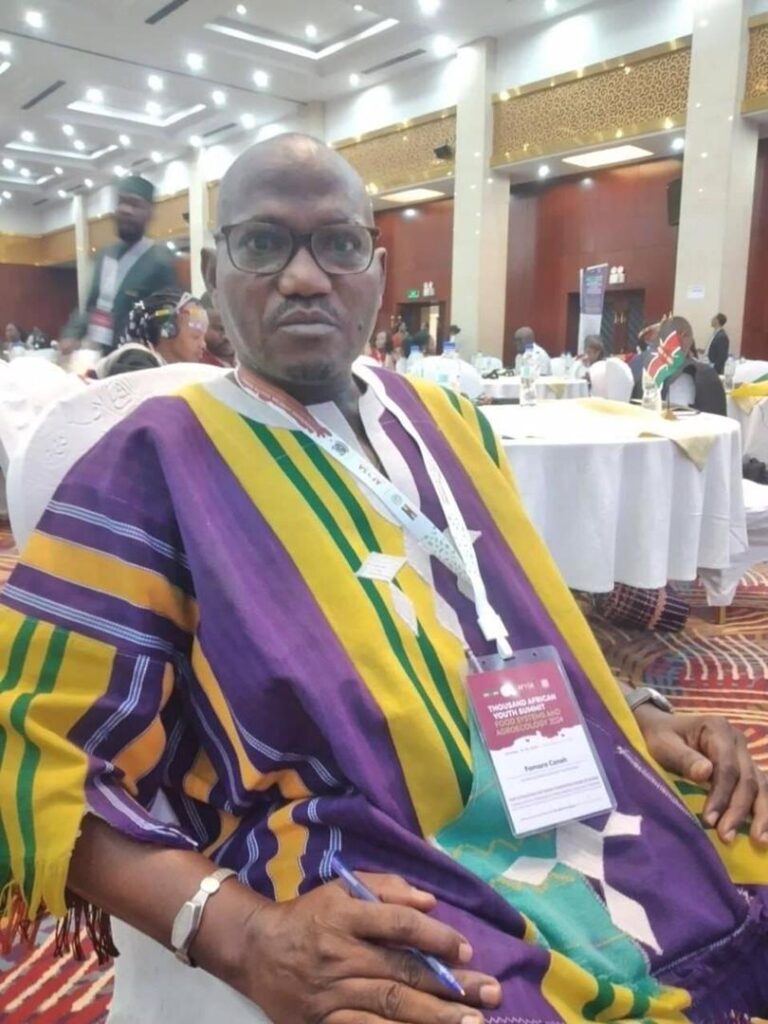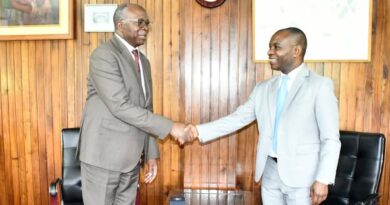African Youth Pledge to Drive Food Security Through Agroecology
African youth have vowed to spearhead efforts towards ensuring food security across the continent, emphasizing the importance of effective resource utilization and agroecology.
The commitment was made during the 1st Thousand African Youth Summit on Food Systems and Agroecology 2024, held in Addis Ababa, Ethiopia, where young leaders shared their vision of advancing sustainable food systems for Africa’s future.
Famara Conteh, Coordinator of the Local Rights Program for Action Aid International in The Gambia, highlighted the significant role African youth must play in addressing food sufficiency by leveraging technology and fostering cross-border collaboration.
“Africa may be rich in resources, but its people continue to suffer from drought, famine, and conflict. To overcome these challenges, the younger generation must take the lead in improving food production, enhancing productivity, and minimizing post-harvest losses,” he stated.
Conteh further urged young people to take proactive measures to combat climate change, which threatens food systems globally.
Agroecology, a key focus of the summit, was described as essential for protecting soils, ecosystems, and indigenous seeds while promoting cost-effective and environmentally friendly farming practices. Conteh stressed that youth engagement in agroecology is critical to driving Africa’s ambition for sustainable food security.
Supporting these sentiments, Dr. Juliet Katusiime, Senior Program Officer at Participatory Ecological Land Use Management (PELUM) in Uganda, underscored the importance of agroecology as a holistic approach to modernizing African agriculture while safeguarding natural ecosystems.
“Agroecology is not just about modern farming techniques but also about understanding and protecting our environment. African youth need to lead this movement, working closely with governments to ensure balanced and sustainable food production,” she said.
Dr. Katusiime also called for a cultural shift towards utilizing Africa’s vast resources more effectively. She criticized the reliance on foreign aid, noting that Africa has the capacity to be self-sufficient in food production.
“Africa has its own resources but is not using them to their full potential. We need to develop policies that cover the entire agricultural process, from seedling to market, ensuring balanced nutrition for all,” she added.



